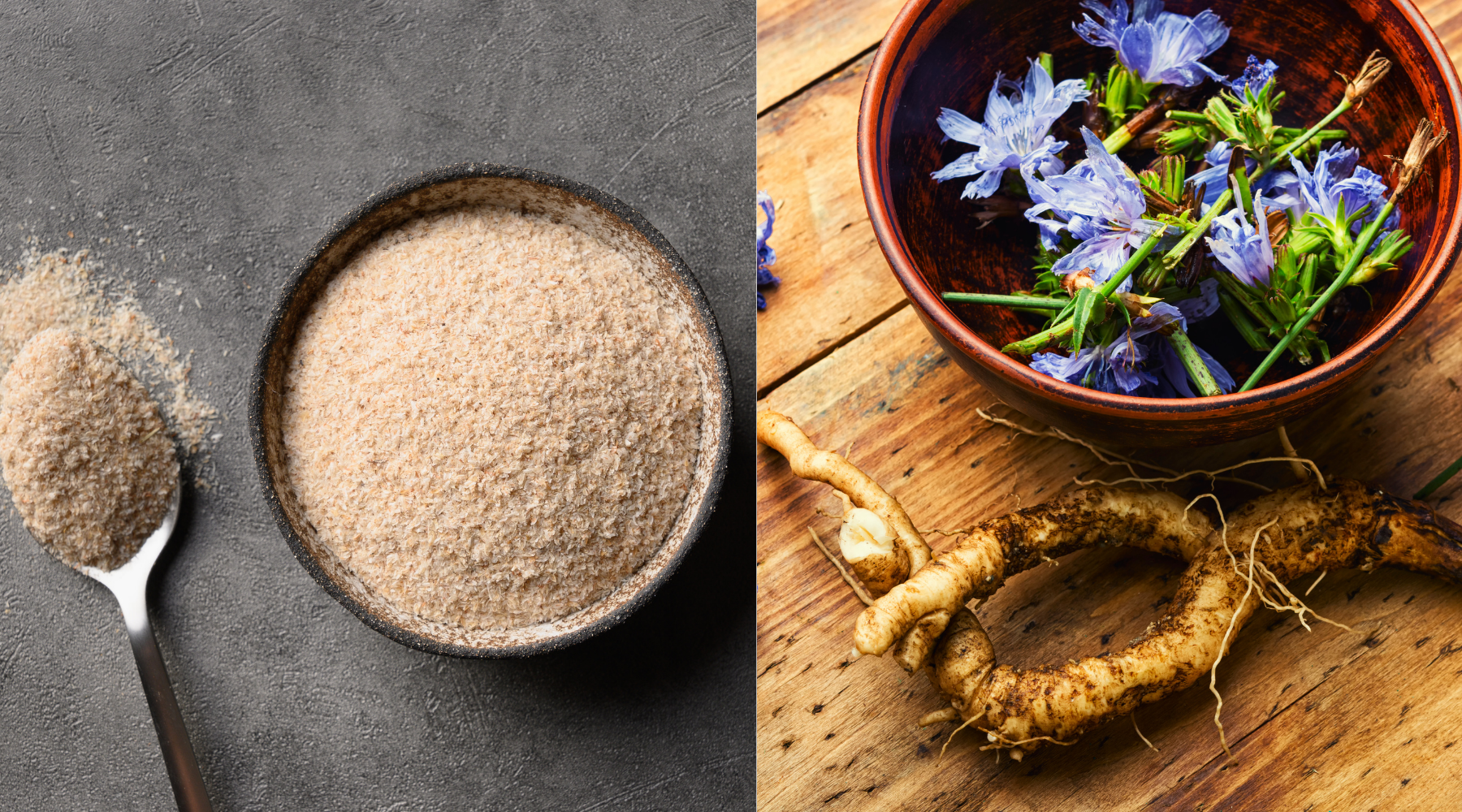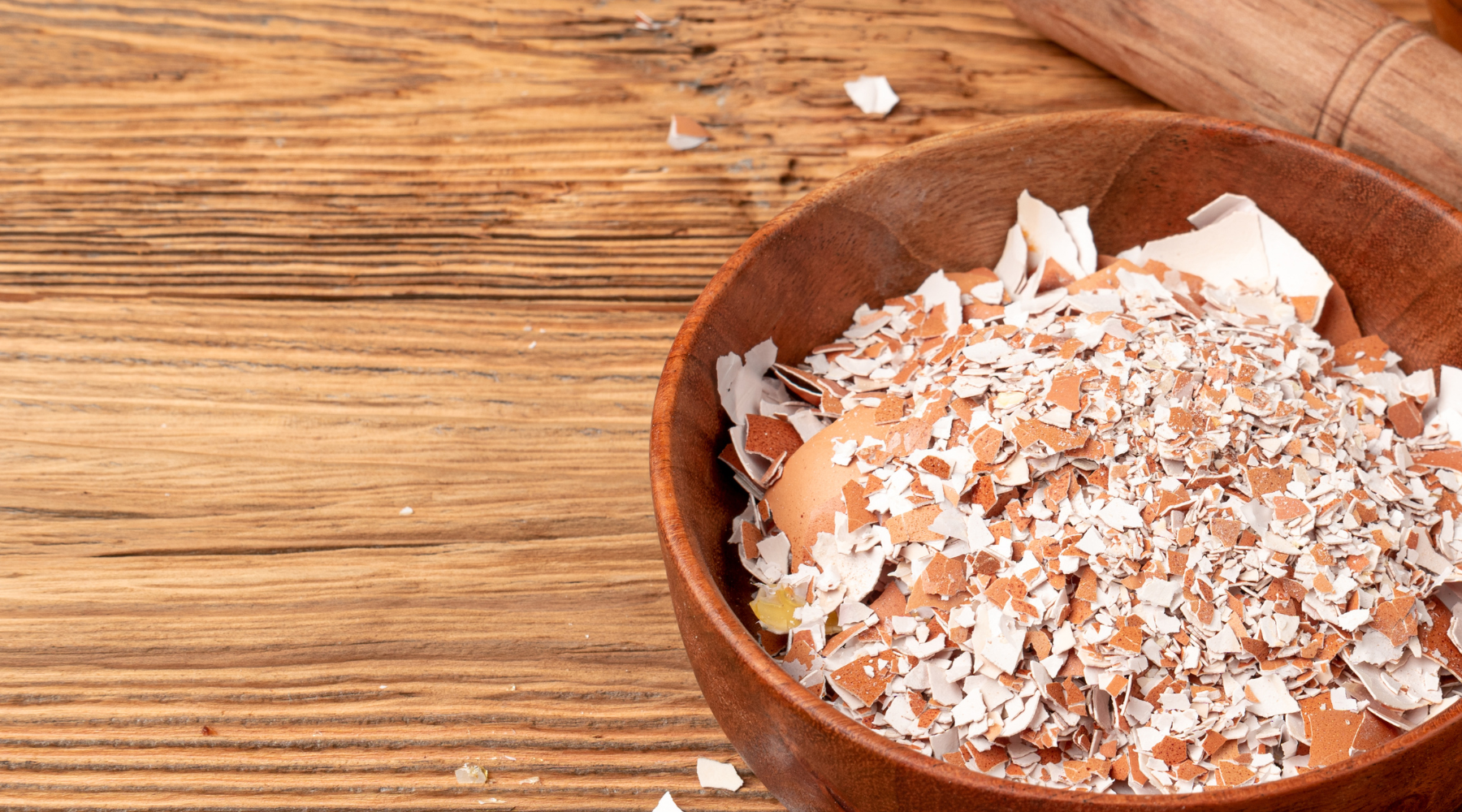
Understanding the Difference Between Psyllium and Inulin: Exploring Prebiotic Powders
Prebiotic powders have gained popularity in recent years for their beneficial effects on gut health. Among the various prebiotic powders available, two commonly discussed types are psyllium and inulin. Both offer unique benefits and functions, but they also have distinct characteristics that set them apart. In this blog post, we will explore the differences between psyllium and inulin, as well as how they contribute to gut health.
What is Psyllium?
Psyllium is a type of soluble fiber derived from the seeds of the Plantago ovata plant, commonly known as blond psyllium or ispaghula. It is most known for its use as a gentle laxative and its ability to regulate bowel movements. Psyllium can absorb water and form a gel-like substance, which adds bulk to the stool and helps facilitate regular bowel movements.
Benefits of Psyllium:
- Digestive Health: Psyllium promotes regularity and aids in treating constipation.
- Heart Health: It can help lower cholesterol levels by binding to bile acids in the gut.
- Blood Sugar Control: Psyllium may help manage blood sugar levels by slowing down the absorption of sugar.
What is Inulin?
Inulin is a type of soluble fiber that naturally occurs in plants such as chicory root, Jerusalem artichoke, and various fruits and vegetables. It acts as a prebiotic, nourishing beneficial gut bacteria and supporting a healthy microbiome. Inulin does not dissolve in water as readily as psyllium, but it can still form a gel-like substance when mixed with liquids.
Benefits of Inulin:
- Gut Health: Inulin promotes the growth of beneficial gut bacteria, supporting a balanced microbiome.
- Digestive Health: It aids digestion by adding bulk to the stool and encouraging regular bowel movements.
- Nutrient Absorption: Inulin can enhance the absorption of essential nutrients like calcium and magnesium.
Key Differences Between Psyllium and Inulin
-
Source: Psyllium comes from the seeds of the Plantago ovata plant, while inulin is sourced from plants such as chicory root and Jerusalem artichoke.
-
Function: Psyllium primarily acts as a bulk-forming agent and laxative, aiding in digestive health and regularity. Inulin functions as a prebiotic, promoting the growth of beneficial gut bacteria.
-
Absorption: Psyllium absorbs water more efficiently, forming a gel-like substance that adds bulk to the stool. Inulin, on the other hand, has a milder thickening effect.
-
Additional Benefits: Psyllium is known for its ability to help manage cholesterol and blood sugar levels. Inulin enhances nutrient absorption and supports the health of the gut microbiome.
Both psyllium and inulin are valuable prebiotic powders that offer unique benefits for gut health. While psyllium excels in promoting regularity and supporting heart health, inulin shines as a prebiotic that nourishes beneficial gut bacteria and enhances nutrient absorption. Incorporating either of these prebiotic powders into your diet can have a positive impact on your overall digestive health. Always consult a healthcare professional before making significant changes to your dietary routine.


